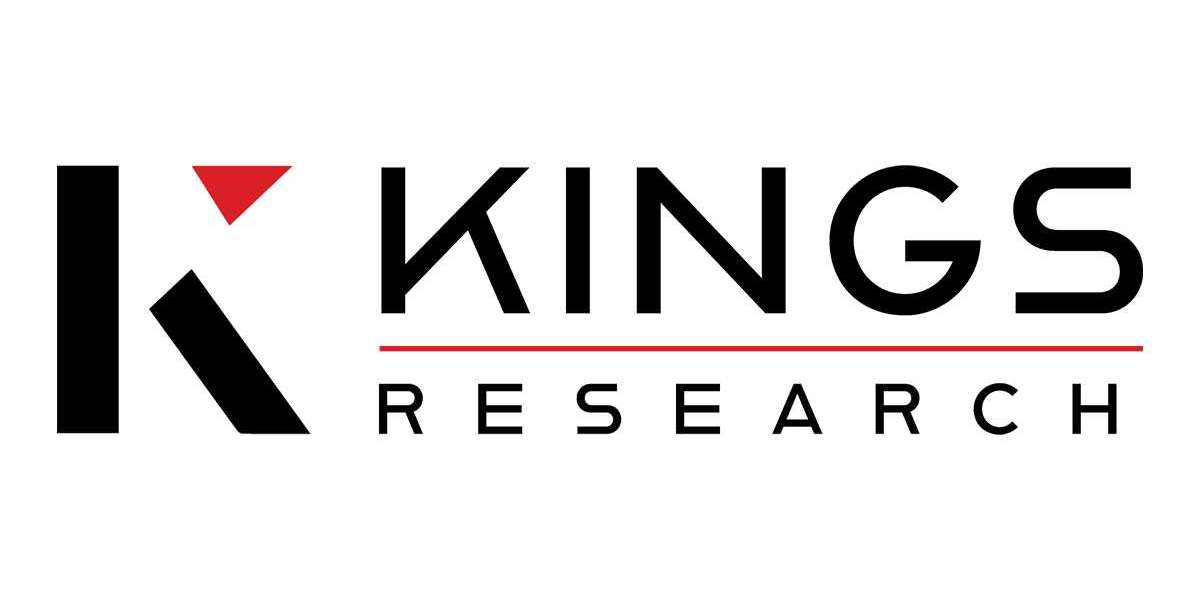Nursing, a profession of profound significance within the healthcare ecosystem, embodies a blend of artistry and scientific rigor that spans the spectrum from acute care settings to community health initiatives. At its core, nursing is rooted in the principles of compassion, empathy, and advocacy, forming the bedrock of patient-centered care.
Central to nursing practice is the therapeutic relationship between the nurse and the patient. This relationship is built on trust, respect, and understanding, enabling nurses to provide personalized care that addresses not only the physical needs of patients but also their emotional and psychological well-being. By listening attentively, communicating effectively, and demonstrating empathy, nurses create a supportive environment where patients feel valued and empowered in their healthcare journey.
Nurses are skilled clinicians who possess a broad knowledge base encompassing anatomy, physiology, pharmacology, and pathophysiology. This scientific expertise enables nurses to assess, diagnose, plan, implement, and evaluate patient care interventions based on evidence-based practice guidelines and clinical judgment. Whether administering medications, monitoring vital signs, or performing complex procedures, nurses prioritize patient safety and optimal health outcomes.
Beyond clinical proficiency, nursing requires strong critical thinking and problem-solving skills. Nurses are adept at recognizing changes in patient conditions, identifying potential complications, and intervening promptly to prevent adverse outcomes. They collaborate closely with interdisciplinary healthcare teams, including physicians, therapists, social workers, and pharmacists, to coordinate care, share information, and promote continuity of care across healthcare settings.
Patient advocacy is a cornerstone of nursing practice, encompassing a commitment to promoting and safeguarding the rights, dignity, and well-being of patients. Nurses serve as advocates by ensuring that patients have access to accurate information, supporting informed decision-making, and addressing barriers to healthcare access. They advocate for equitable treatment, respect for cultural diversity, and policies that promote social justice and healthcare equity.
In addition to direct patient care, nurses play pivotal roles in healthcare leadership, education, and research. Nursing leadership positions, such as nurse managers, nurse executives, and nurse administrators, are responsible for overseeing healthcare units, departments, and organizations. They collaborate with stakeholders to develop strategic initiatives, allocate resources effectively, and foster a culture of excellence and innovation within healthcare settings.
Nursing educators prepare the next generation of nurses by imparting theoretical knowledge, clinical skills, and professional values. They facilitate learning experiences in classroom settings, simulation labs, and clinical practice environments, equipping students with the competencies needed to provide safe, competent, and compassionate care. Nursing education emphasizes lifelong learning and professional development, encouraging nurses to stay abreast of advances in healthcare technology, research findings, and evidence-based practice guidelines.
Nursing research generates new knowledge that informs evidence-based practice, healthcare policy, and patient care outcomes. Nurse researchers conduct studies on a wide range of topics, including disease prevention, treatment modalities, healthcare delivery models, and nursing interventions. Research findings contribute to the advancement of nursing science and the development of best practices that improve patient outcomes, enhance quality of care, and promote health and wellness across populations.
Public health nursing is a specialized area of practice focused on promoting and protecting the health of populations and communities. Public health nurses assess community health needs, develop and implement health promotion programs, and advocate for policies that address social determinants of health. They collaborate with community stakeholders, including government agencies, nonprofit organizations, schools, and businesses, to address public health issues such as infectious disease prevention, maternal-child health, chronic disease management, and environmental health.
Nurses are advocates for healthcare reform and policy change, leveraging their expertise and firsthand experiences to influence legislative initiatives and improve healthcare delivery systems. Nursing organizations and professional associations play a critical role in advocating for nursing practice, education, and workforce issues at local, national, and international levels. Nurses participate in policy development, serve on advisory committees, and engage in grassroots advocacy efforts to promote health equity, patient safety, and quality care.
Nursing is a dynamic and evolving profession that responds to changes in healthcare needs, technological advancements, and demographic trends. Nurses "https://nursfpx.com/">NURS FPX embrace innovation by adopting new technologies, such as electronic health records, telehealth platforms, and mobile health applications, to enhance communication, streamline workflows, and improve patient outcomes. They collaborate with healthcare informatics specialists and IT professionals to implement and optimize healthcare technology solutions that support safe, efficient, and patient-centered care delivery.
Nursing is also a profession marked by resilience, adaptability, and commitment to continuous improvement. Nurses work in diverse healthcare settings, including hospitals, clinics, long-term care facilities, schools, correctional institutions, and community health centers. They care for patients with acute and chronic illnesses, disabilities, and complex medical conditions, advocating for their needs and providing compassionate support to patients and their families during times of illness, recovery, and end-of-life care.
In conclusion, nursing is a dynamic and multifaceted profession that combines clinical expertise, compassion, advocacy, and leadership to promote health, prevent illness, and improve healthcare outcomes. Nurses are integral members of healthcare teams, collaborating with interdisciplinary professionals to deliver holistic, patient-centered care across the lifespan. As healthcare continues to evolve, nurses will play a vital role in shaping the future of healthcare delivery, advancing nursing science, and advocating for policies that promote health equity and social justice.







